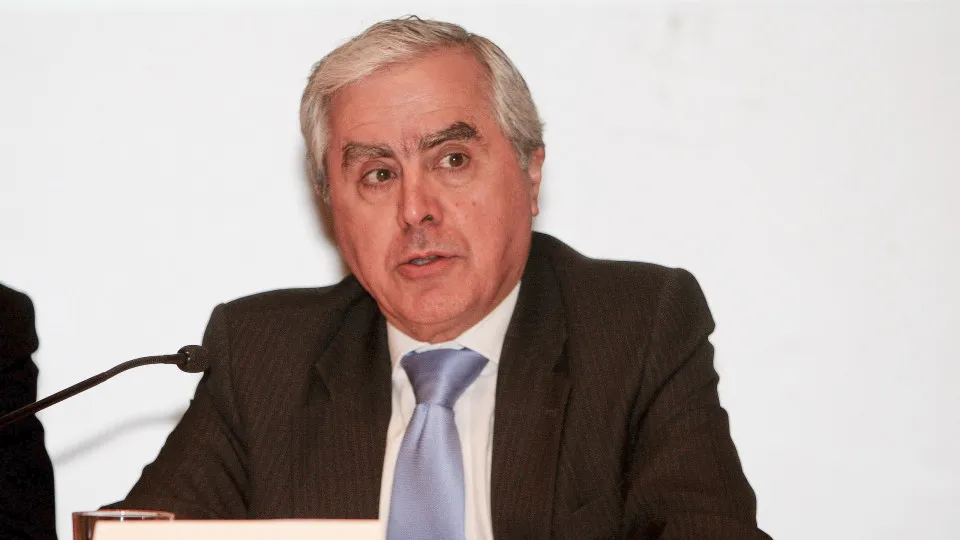
“There is an inherent vitality in the way we were born, which fortunately not only remained but developed further. There’s a dynamic of affirmation, a challenge to everything affecting agriculture and forests, closely linked to our genesis, our birth,” stated Álvaro Mendonça e Moura in an interview.
The former ambassador noted that CAP has never lost its ‘contestatory mode,’ which was essential for the military to feel popular support for the November 25 Movement when the country was under siege after extreme-left wing military took strategic points.
This “iron will” to fight against injustices and the disregard for farmers and forest producers has “never been lost” in CAP, he assured.
The confederation was born on November 25, 1975, at the height of the Ongoing Revolutionary Process (PREC) and agrarian reform, a period Mendonça e Moura recalled as very challenging since it required “starting from scratch,” bringing associations together, and setting up the entire support structure for the sector.
The president of CAP recalled that agriculture has undergone significant changes, partly due to the support given to various associations and the contribution to defining public policies.
Álvaro Mendonça e Moura emphasized that CAP has “an absolute red line” that is part of its genesis—freedom of association—which he stated had already been reached when it was suggested, during the so-called ‘geringonça’ government (PS, BE, PCP and PEV), that Douro winemakers should be required to join Casa do Douro to practice their activity.
The CAP president noted that civil society needs to organize itself better and develop without State pressure, suggesting there is still “a long way to go” and highlighted that the confederation, over 50 years, had very good relationships with governments of different parties and “bad or terrible” relationships with others.
“The point for us is not to know the political color of the Minister of Agriculture. For us, the point is whether the government gives importance to agriculture or, conversely, as we have experienced, seeks to create all sorts of obstacles,” he noted.
CAP’s strategy for the coming years will continue to strengthen its presence across the territory, continue supporting associations, and fight for increasing farmers’ income.
CAP is represented in various ministries, is a member of the Economic and Social Committee, and the Permanent Commission for Social Concertation.
This confederation counts around 256 affiliated organizations from north to south, also including Madeira and the Azores.
To celebrate its 50th anniversary, CAP is holding a congress dedicated to “The evolution of Portuguese agriculture and forestry since 1975, in the context of the country’s socioeconomic and political change” at the Portugal Pavilion in Lisbon, from Tuesday to Wednesday.
The event will bring together, besides members and partners, political leaders, entrepreneurs, and sector leaders to also project the future of national agriculture and forests.




